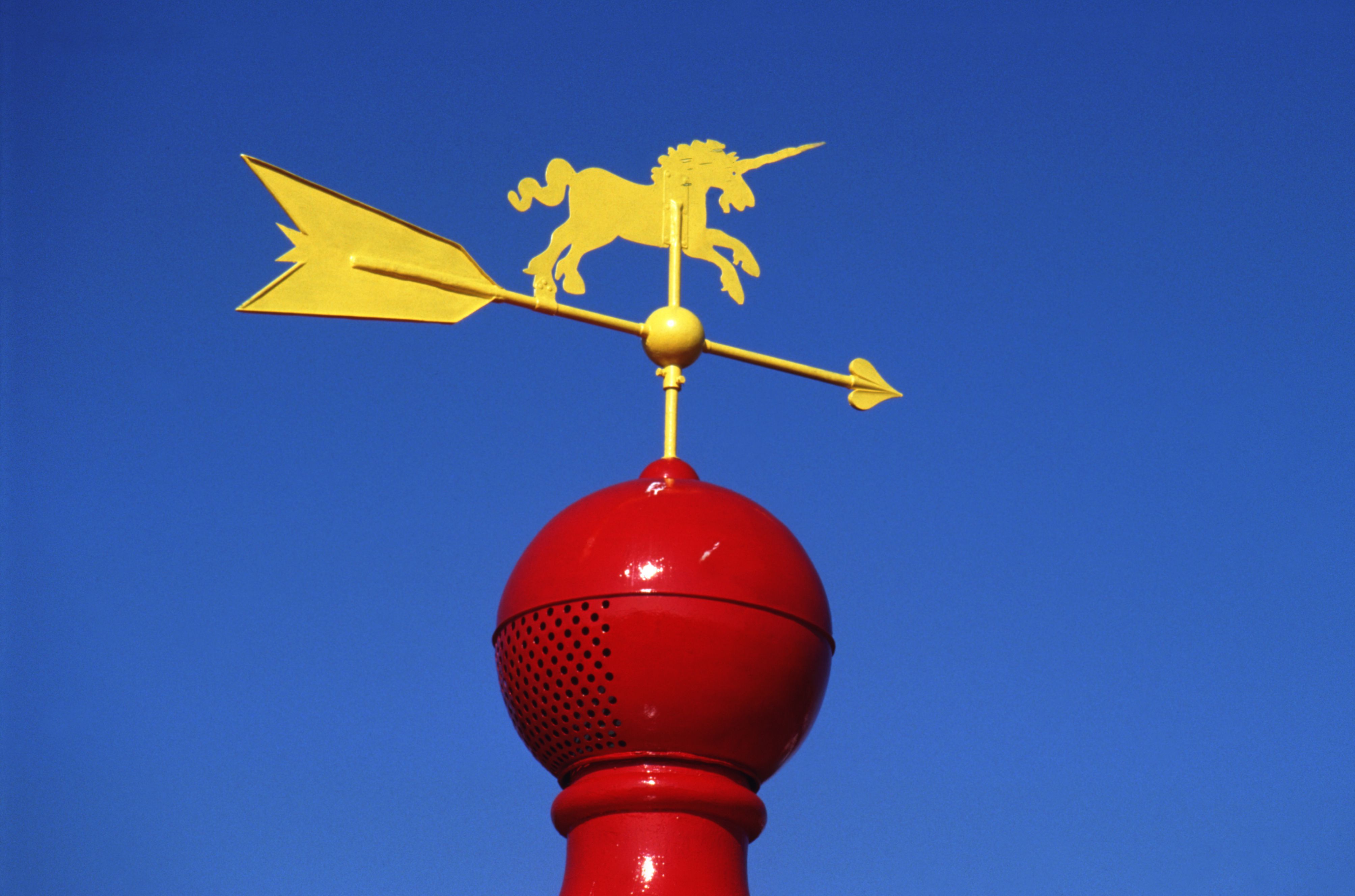[ad_1]
The world of venture capital boomed last year, naming 100 new “unicorns,” a term for startups the have reached the milestone valuation of at least $1 billion. An injection of capital into these red hot companies ignited hopes that they will become even more valuable once they go public. This year, a new class of unicorns that has reached the $1 billion valuation threshold is right behind, sparking interest on the Street, given their sheer size implies they may IPO in the next few years.
An elite group of 14 startups has been inducted into this small but growing group of unicorn companies in 2019, according to an in-depth story by Business Insider. The group develops a range of products in high growth areas such as artificial intelligence (AI), autonomous vehicles, online beauty, apartment rentals, and healthcare analytics.
The newborn unicorn list includes Health Catalyst, Nuro, Flexport, Horizon Robotics, Danke Apartment, Chime, and Glossier. This is part two of two articles on these unicorns, with the first published by Investopedia on Friday morning. (Read Part I here.)
A Look At 7 Unicorns On The Fast Track
- Health Catalyst; healthcare analytics platform; $1 billion
- Nuro; autonomous delivery vehicles; $2.7 billion
- Flexport; freight logistics platform; $3.2 billion
- Horizon Robotics; artificial intelligence technology; $3 billion
- Danke Apartment; apartment rental platform; $2 billion
- Chime; mobile banking platform; $1.3 billion
- Glossier; online beauty brand; $1.2 billion
Out of the 14 unicorn startups listed, nine are based in the U.S., two are headquartered in China, one in Germany and another in France. All of the privately-backed firms are tech-focused, and even those that don’t directly develop tech products and services, such as makeup company Glossier, do business primarily online.
Autonomous Car Company Targets Delivery Space
In February, autonomous vehicle company Nuro joined the $1 billion club after receiving a $940 million investment from SoftBank Group. Unlike other unicorn transportation companies like Uber Technologies and Lyft, that are focusing on self-driving passenger vehicles, the smaller $2.7 billion company is developing zero-emissions local delivery vehicles built with proprietary software. The car is intended to move no faster than 25 miles per house, sized at half the width of a typical vehicle.
Nuro, founded in 2016, has already inked a delivery deal with leading grocer Kroger Co. (KR) to trial a delivery service in Scottsdale, AZ. The startup heads off against a growing number of competitors including Aurora, another unicorn on the list which has been backed by heavy hitters like Amazon.com Inc. (AMZN).
Direct-to-Consumer Platform Shakes Beauty Space
Cosmetics industry player Glossier is 2019’s newest unicorn company. Earlier in March, the New York City-based startup raised $100 million from investors led by Sequoia Capital. The $1.2 billion company, founded as a beauty blog in 2010, targets Millennial consumers, and is one of the few makeup companies that sells most of its products online. Glossier utilizes tools such as Instagram, where it boasts roughly 2 million followers, to sell its in-house branded products.
“We are building an entirely new kind of beauty company: one that owns the distribution channel and makes customers our stakeholders,” said CEO and founder Emily Weiss in a recent statement. She added that by connecting with consumers directly, the company has access to “endless inspiration for new products.”
Looking Ahead
Frenzy over these potential public offerings aside, it’s important that investors conduct their due diligence and pick their bets accordingly. Not all unicorns that have gone public in the last few years have reached lofty expectations, and in fact, many of them have bombed.
For example, Snap Inc. (SNAP), the parent company of photo and video sharing Snapchat, has seen its stock tank since hitting the public markets in March 2017. Despite making a comeback near 120% over three months, shares trade at a 36% discount to their IPO price, as investors remain concerned over its inability to ward off competition from deep-pocketed tech giant Facebook Inc. (FB), and remain unimpressed with its product launches. The same disappointment has been felt by investors, even with popular names like social media pioneer Twitter Inc. (TWTR). Ultimately, these unicorn IPOs can be quite rocky, leading some dreams to crash with reality.
[ad_2]
Source link Google News

